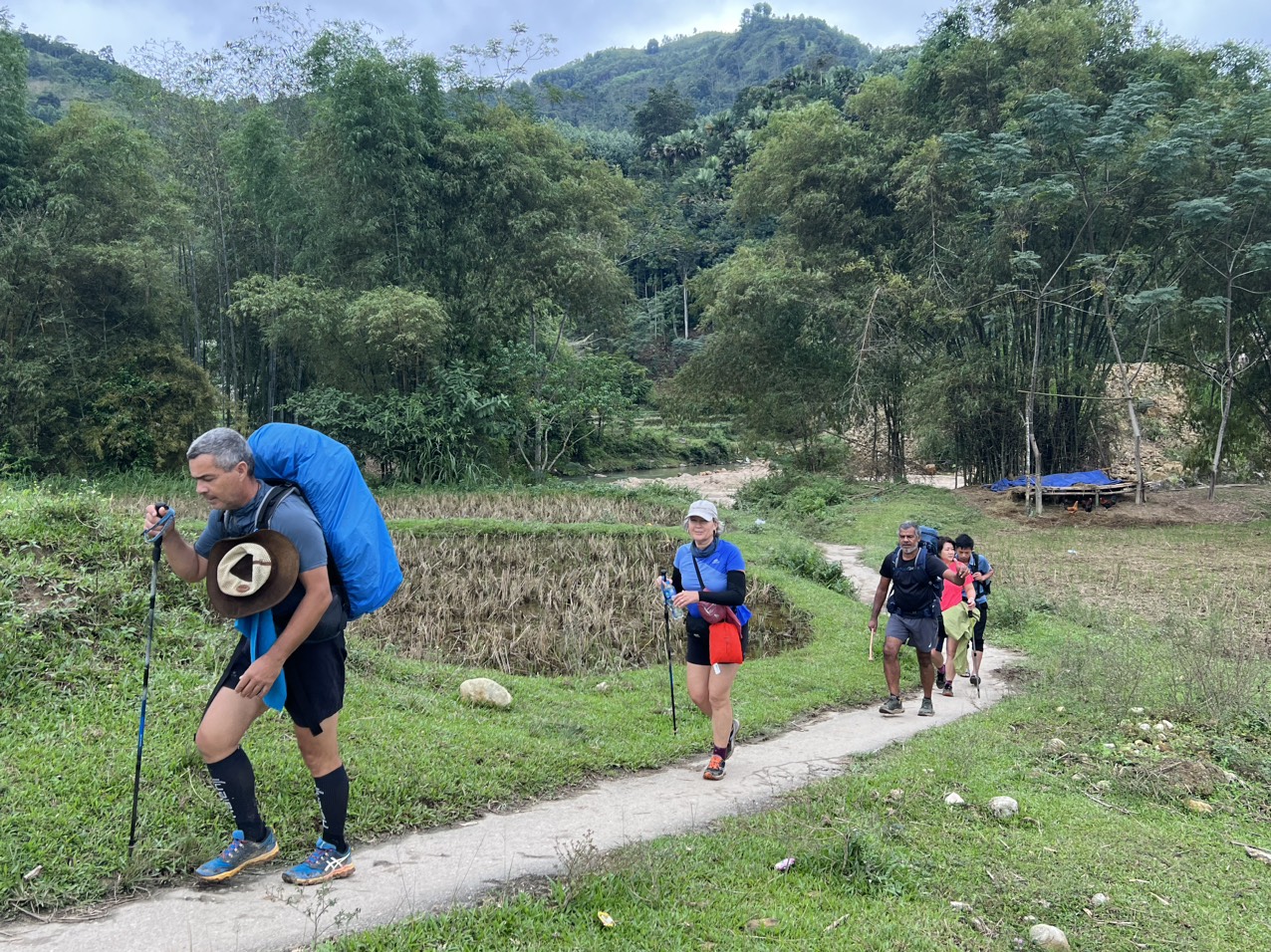
5 Tips for a successful hike in Northern Vietnam
- on May 16, 2024 By: Ngoc Nguyen
The mountainous provinces of Northern Vietnam are a wonderful playground for all hiking enthusiasts. They offer hikers breath-taking landscapes, and exceptional settings which are the territory of a captivating ethnic mosaic. Follow our advice and tips so that hiking remains an exceptional moment during your trip to Vietnam.
For a successful hike in Northern Vietnam, it is important to choose the season carefully! Avoid hiking during the Tonkinese winter, from December to early March. Cold temperatures, high humidity, fog and drizzle make any hike truly arduous. Moreover, in this season, the rice fields are fallow and completely bare.
The two best seasons for hiking in Northern Vietnam are:
- From April to June when temperatures are pleasant, rain is rarer and the sun is present without being overwhelming. In this season, you can admire the beautiful rice fields and even witness the harvest in May in the valleys.
- From the end of September to the end of November. Late September/early October marks the rice harvest throughout Northern Vietnam. It’s an incredible sight not to be missed when the rice fields are bustling with activity and the paddy fields sparkle with gold.
Be careful, the months of June, July and August are the hottest, wettest and rainiest of the year in Northern Vietnam. The hike can be difficult but you will be rewarded by the splendour of the rice fields dressed in soft green this season.
>> Read more: Best Time to Visit Vietnam: A detailed weather guide
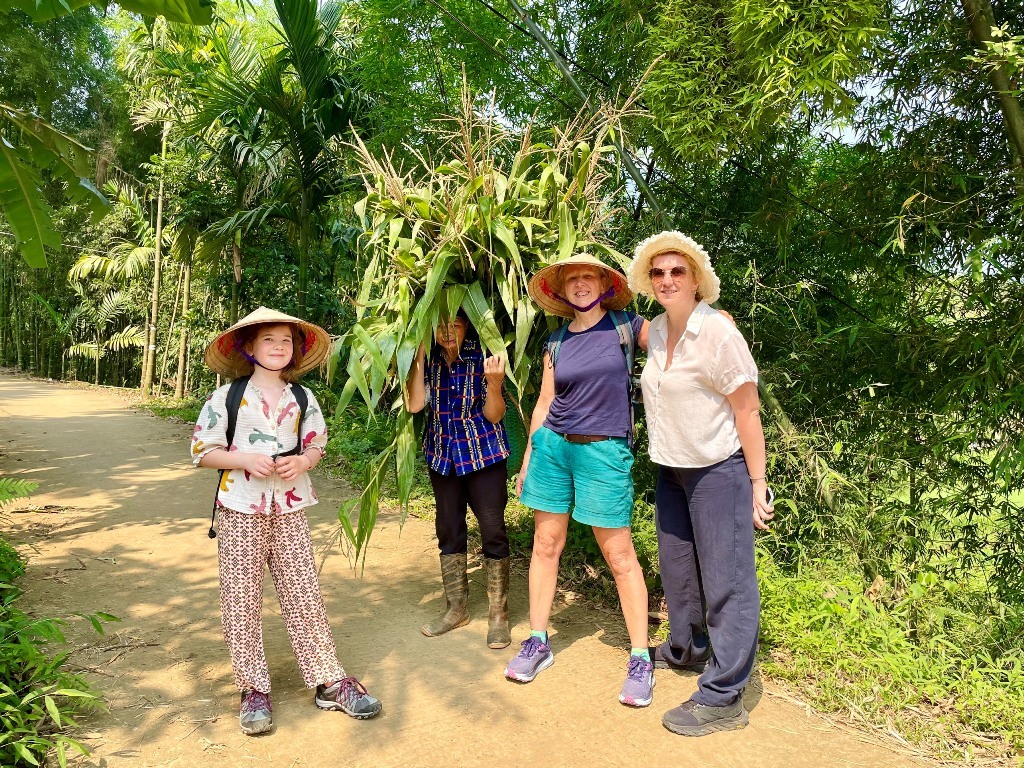
2. Use the service of a local travel agency
For a successful hike in Northern Vietnam, we advise you to use the services of a local travel agency. They have a keen knowledge of the terrain and will know how to organize the hike you dream of according to your desires and requirements. A local English-speaking guide is essential because there are no marked trails in the mountains of Northern Vietnam. The local English-speaking guide is fluent in English and will be able to interface with the local population. He manages the logistics and knows the region visited and the places to discover, and he will be able to answer your questions about the sites visited to satisfy your curiosity or your thirst for culture.
>> Read more: Trekking Vietnam: Where to trek in Vietnam?
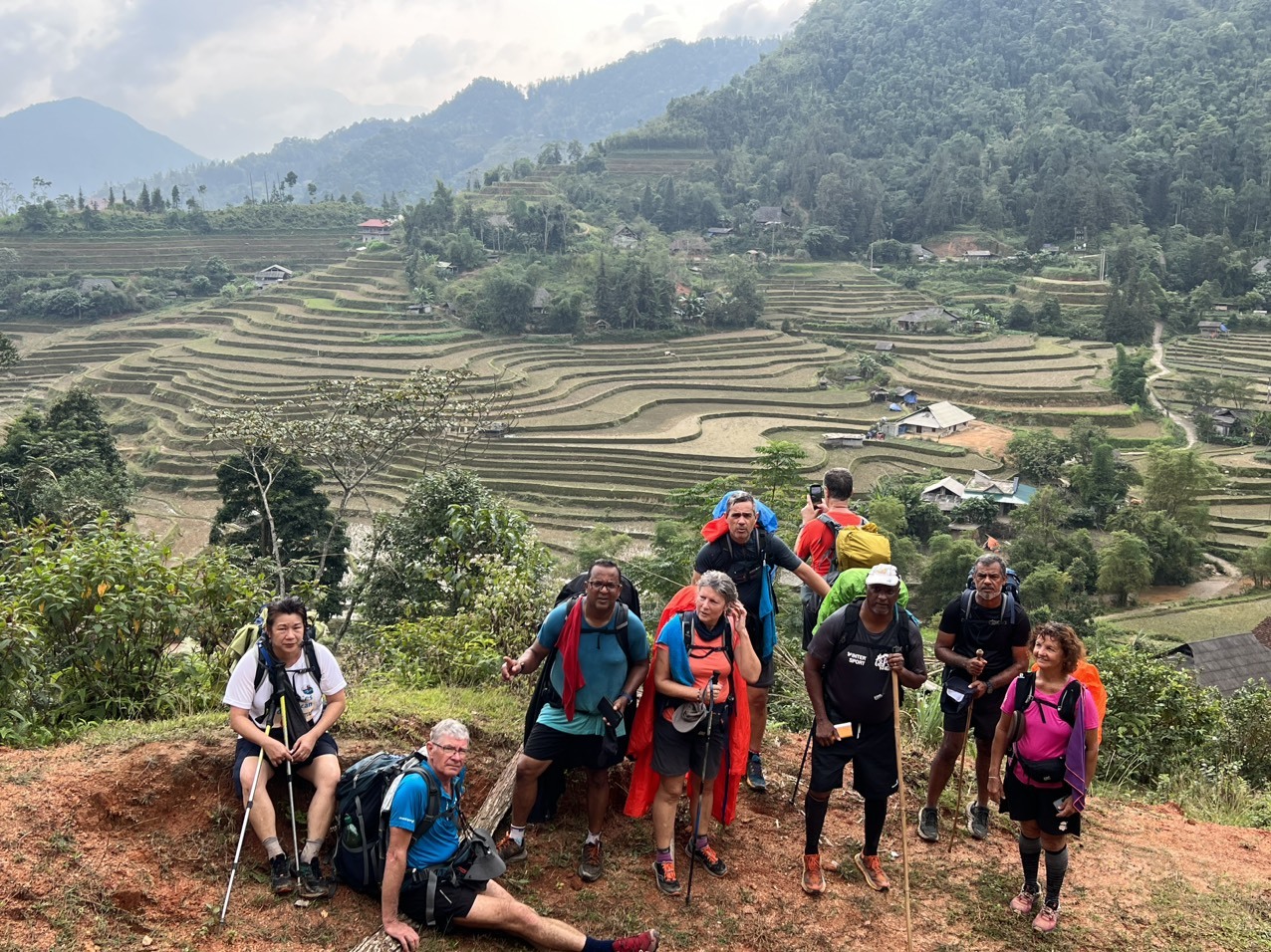
3. Moderate Trekking or Roaming Hiking
Moderate Trekking is generally less physically demanding and provides more comfort because it consists of starting from a fixed point and returning every evening to the same accommodation. By heading out in directions from your accommodation, you will be able to explore a sector or region in more depth. Moderate Trekking has the advantage of being able to adapt to climatic hazards. It is ideal for family hikes and for travellers wanting to enjoy good comfort conditions.
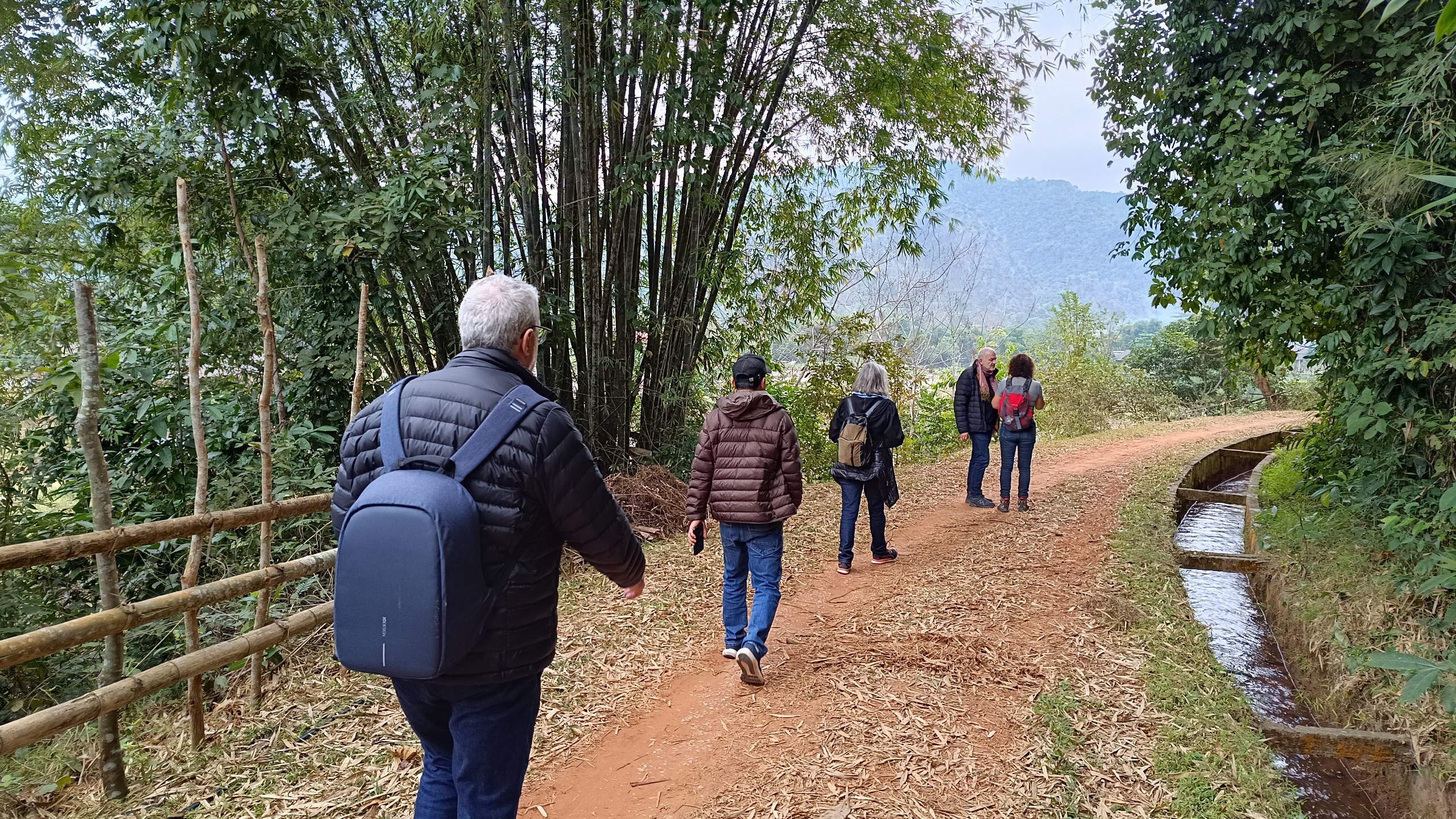
Roaming hiking consists of walking on a long route, over several days and in stages, with a new accommodation each evening. It is more popular with experienced hikers because this type of hike is more physically demanding and the comfort conditions are more basic. Roaming hikes penetrate remote areas where accommodation is mainly provided by locals. Very often, a team of porters takes care of your large luggage that you find every evening at each stage. Your local travel agency will be able to work with you to design the itinerant hike that suits you.
4. Some destinations for a magnificent hike in Northern Vietnam
- Y Ty on the borders of Northern Vietnam, much less frequented than Sapa, offers superb landscapes of rice terraces from which emerge the beautiful cob houses of the Ha Nhi ethnic group.
- The province of Hoang Su Phireveals spectacular amphitheatres of rice terraces. Superb star or roaming hikes from the Pan Hou Ecolodge.
- In the sector of Coc Xa or Na Van (more authentic), Cao Bang Province, you can sink into a limestone maze where terrible battles took place during the Indochina War.
- Breath-taking moderate trekking around Dong Van - Meo Vac to admire the beauty of the Nho Que canyon.
- In the Pu Luong nature reserve, you can take a wonderful immersion in nature.
- Moderate trekking or roaming hiking, around and in the surroundings of Ba Be Lake, the natural jewel of Northern Vietnam.
- In the beautiful rice-growing valleys of Mai Chau and Mai Hich, to taste the sincere hospitality of the White Thai ethnic group.
- In the Mu Cang Chai sector, admire some of the most beautiful rice terraces in the country.
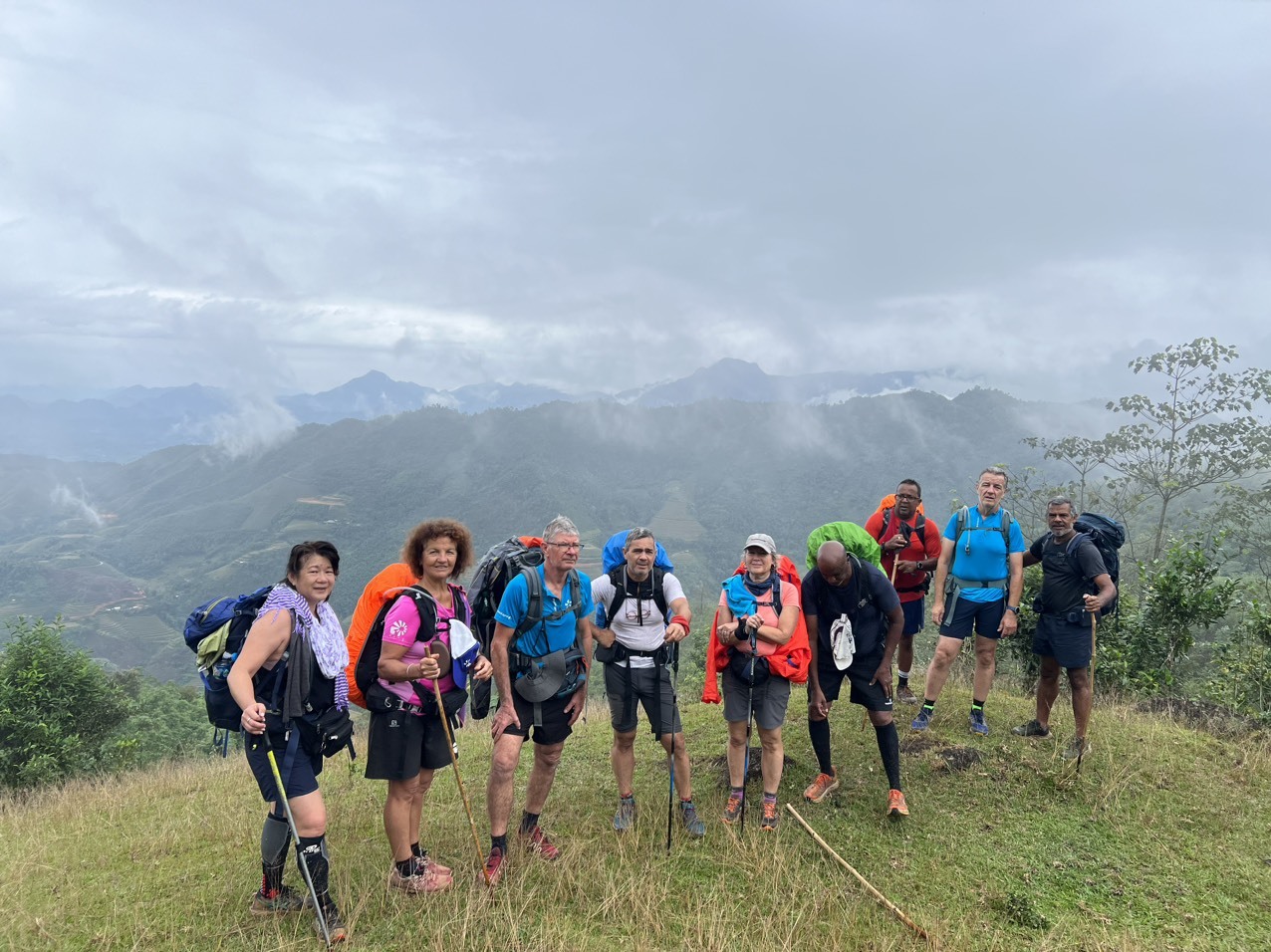
5. Remember to equip yourself well
For it to be successful, the hike requires a minimum of equipment. Remember to bring:
- Good walking shoes and a pair of flip-flops for the evening at the stopover
- A hat, sunglasses and sunscreen
- Mosquito repellent
- A water bottle and possibly Micropur tablets for remote areas
- A headlamp
- A rain cape or waterproof clothing
- A small 30-litre backpack for day hiking
- Lightweight and quick-drying clothing
- A few small gifts for host families and children are always very appreciated.

So, put on your walking shoes and set off to discover the hidden treasures of Northern Vietnam on an unforgettable hike.
Related articles:
>> Top 10 tips and tricks for a successful trip to Cambodia
>> Best things to do in Vietnam
>> Tour 3 weeks in Vietnam, an exciting tour of the Dragon
>> Vietnam tour 15 days: What to do? What itinerary ideas do you have?
>> Tour 1 week in Vietnam: Good deals for a 7-day tour in Vietnam
>> Tour in Vietnam in one month: 3 options to absolutely enjoy!
>> Preparations for the traditional Tet, the Vietnamese New Year
>> Tour to the Mekong Delta: itinerary ideas in 1,2,3,4,5,6 days to know
 Español
Español Français
Français






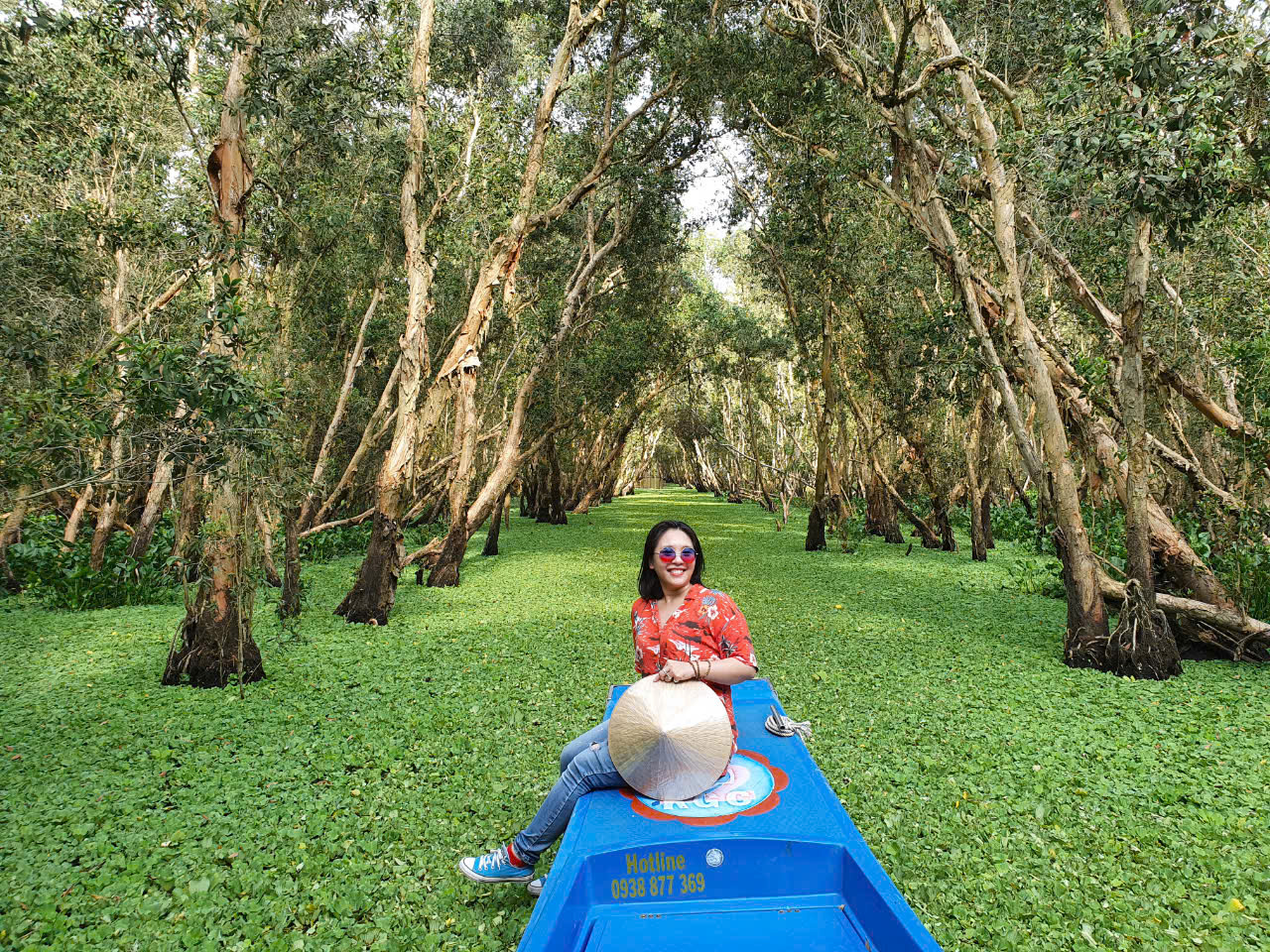


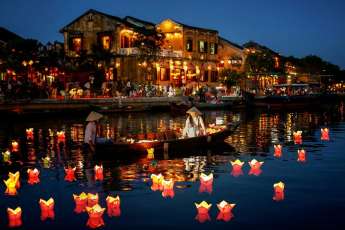
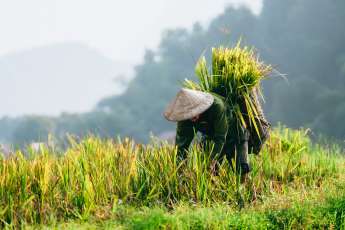









Morgane Ter Cock
on Dec 18, 2025HerbertPhomaMS
on Oct 19, 2025Lilyan Cuttler
on Oct 15, 2025Avenue17XC
on Sep 14, 2025Avenue18JL
on Jul 21, 2025